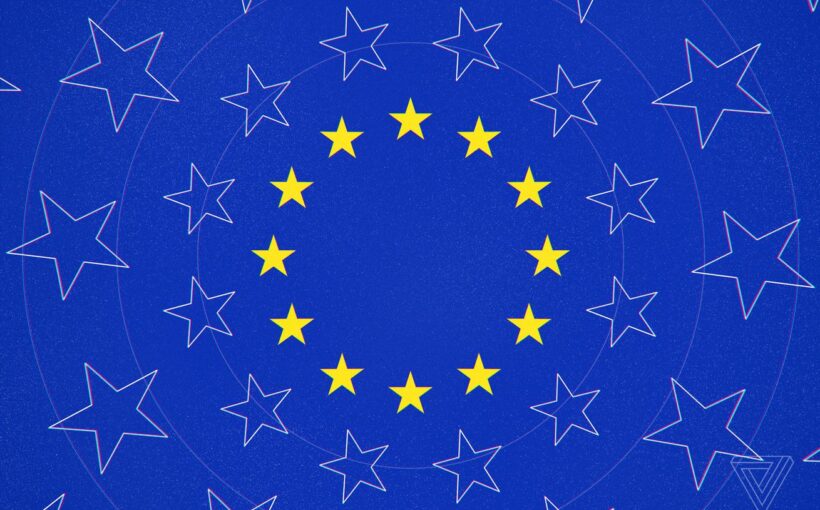BRUSSELS — The European Union warned Britain its crackdown on Channel migrant crossings violates international law — as the U.K. urged it to read the details.
In an interview with POLITICO in Brussels, European Home Affairs Commissioner Ylva Johansson said she had spoken to U.K. Home Secretary Suella Braverman on Tuesday.
“I spoke to the British minister yesterday on this and I told her that I think that this is violating international law,” Johansson said.
Johansson’s comments are the latest international backlash against the British government’s Illegal Migration Bill, which was unveiled this week in a bid to stop small boats arriving on the country’s shores.
Responding to Johansson‘s comments, a U.K. Home Office official confirmed the call had taken place but said Braverman “spoke to the commissioner before her Commons statement, and the publication of the bill.”
They added: “She disagreed with the commissioner and asked her to read the detail of the bill once it was published.”
The U.K. government is aiming to make it easier to detain and deport people arriving in the country through irregular means, and Braverman has argued that while the U.K. will “always support the world’s most vulnerable,” current volumes had “overwhelmed our asylum system.” Prime Minister Rishi Sunak has made “stopping the boats” one of his key priorities.
But the United Nations refugee agency (UNHCR) said Tuesday that the U.K.’s bill would amount to an “asylum ban” by “extinguishing the right to seek refuge protection” for those who arrive irregularly, “no matter how genuine and compelling their claim may be.”
Johansson, who as home affairs commissioner has responsibility for EU migration and asylum policy, pointed the finger at Britain’s asylum system, which currently faces sizable backlogs.
“Britain has a very, very slow asylum process system,” Johansson said, adding that people have a right to claim asylum — even if their claims are ultimately denied. “You have to have some kind of individual assessment of people coming before you just put them into detention,” she added.
There is, Johansson said, a push within the EU to ensure that “those that are probably not in need of international protection should still have the right to have their application assessed — but much quicker.” In that case, returns, if necessary, can happen much faster, she said.
The EU is not directly involved in U.K. asylum policy. Instead, cross-Channel migration is largely a bilateral issue between France and the U.K.
French President Emmanuel Macron and Sunak are set to discuss the issue of cross-Channel boats at a France-U.K. summit in Paris this Friday.
However, the EU’s border management agency, Frontex, plays an active role in the English Channel because the French and Belgian coasts form part of the EU external border. Frontex has sent boats and planes to ease migratory pressure in the past.
Sunak defended the policy in the weekly session of Prime Ministers’ Questions on Wednesday, saying “stopping the boats is not just my priority, it’s the people’s priority.”
Matt Honeycombe-Foster contributed reporting from London.


